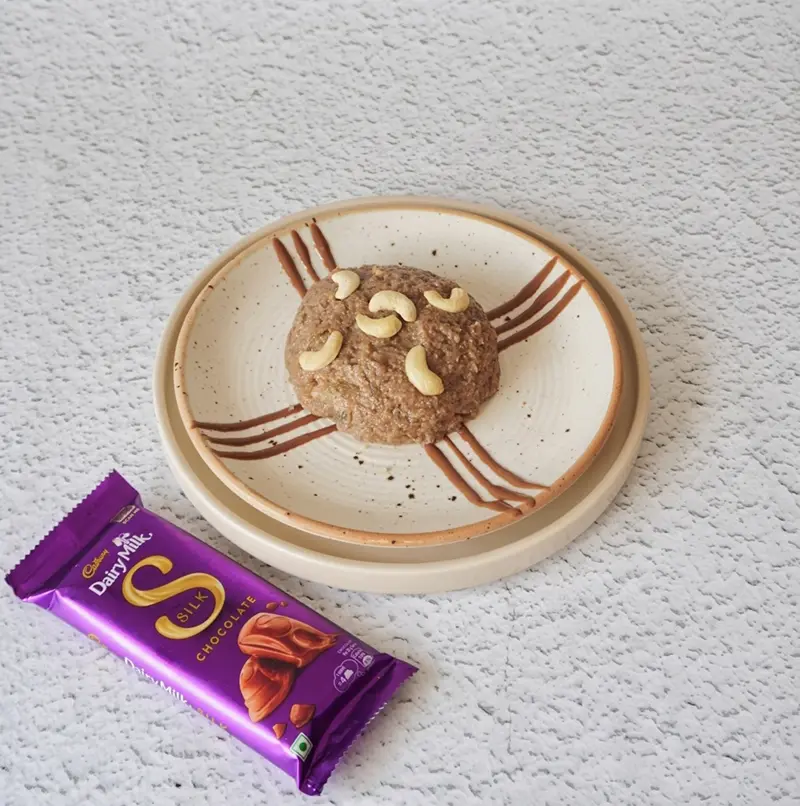A sorbet is a refreshing frozen dessert that is cherished by people of all ages all over the world. Although you can buy it from the store, making it at home is the best way to enjoy it, and these tips will ensure you get the tastiest treat every time.

A sorbet is a refreshing frozen dessert that is cherished by people of all ages all over the world. Although you can buy it from the store, making it at home is the best way to enjoy it, and these tips will ensure you get the tastiest treat every time.
A sorbet is a frozen dessert that is made by using a fruit puree, juice, sugar, sugar syrup, or any other flavorings like chocolate or coffee. All the ingredients are then chilled and churned. Churning allows the texture and flavor of the sorbet to get creamy along with the aeration produced during the churning.
Sorbet is also a great alternative for people who are lactose intolerant, as it doesn't have any dairy included in it, unlike other popular frozen desserts like ice cream and gelato.
Making homemade sorbet is a rewarding process that gives you complete control over the ingredients, and that way you can make sure you use the freshest and highest quality ingredients.

Pick The Freshest Fruit
Your fruit decides how successful your sorbet stunt is going to be. After all, it is a frozen dessert that is based on fruits. Pick the best and freshest fruit; that is the golden rule of sorbet. You can pick the sweetest watermelon, the ripest strawberries, or peaches to get a great headstart while making sorbet without really doing anything.
Also, using fruits that are high in pectin, such as berries, grapes, and stone fruits, is great for making creamy sorbet that will provide you with a similar creaminess to ice cream.
The Ratio
Another important factor to consider while making the sorbet is the accurate ratio between the ingredients. The best approach is to play it safe when you are unsure of the fruit's sugar content.
Sugar is an important factor, as, along with the flavor, it also adds a lot to the texture and how your sorbet is going to freeze. 20–30% of the sugar concentration helps in getting a creamy, scoopable sorbet. Any more than that, and your sorbet may never freeze properly, and any less than that, it may get too icy to even scoop it.
The general advice is to go for a 20% sugar concentration along with the fruit's natural sugar content. This will help you strike the perfect balance of creamy flavor and scoopable texture.
The Syrup
Although adding syrups to some fruit purees may make them diluted, that's now how sorbets are traditionally prepared. But there are some fruits, like pears, that are too thick on their own when pureed, and adding a liquid is a great way to prevent your sorbet from becoming something like an applesauce.
Simply make a puree of the fruit that you have chosen, and if it turns out too thick, add a liquid of your choice (water and sugar syrup are the most commonly used), and then proceed as usual.
Cooking The Fruit
Although you can cook your fruit in order to concentrate its flavor or dry up the water for a creamier texture, that's a personal choice. You can either pick to cook the fruit or not; it depends entirely on you.
If you are someone who prefers the natural flavors of fruit to be more dominant in your sorbet, then cooking may not be the best choice for you. Along with that, cooking also eliminates the freshness of the fruits.
Use Of Alcohol
Some sorbets call for alcohol to enhance the texture of the overall dessert. Alcohol not only reduces the freezing point of the sorbet but also adds softness to the sorbet. The more alcohol you add, the softer the sorbet gets. It also allows the sorbet to become more scoopable. So if you prefer your sorbet to be softer and scoopable, then alcohol may be the way to go.
But make sure you don't add a bit too much alcohol so that its freezing point falls to the level that your conventional freezer isn't capable of freezing it anymore.
Like This Article?
More Like This




Popular Articles





Trending Web Stories
Curated Recipes


















